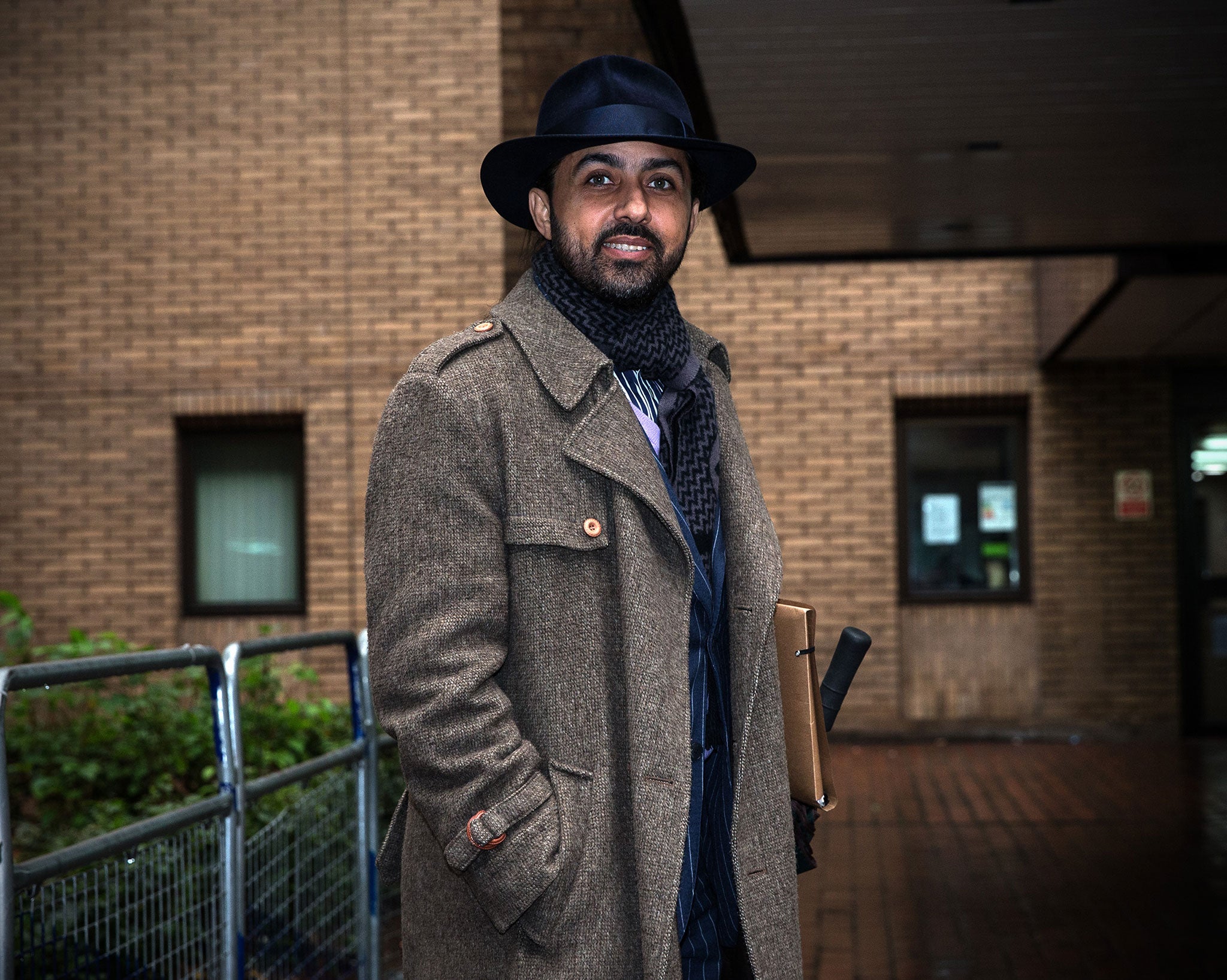Your support helps us to tell the story
From reproductive rights to climate change to Big Tech, The Independent is on the ground when the story is developing. Whether it's investigating the financials of Elon Musk's pro-Trump PAC or producing our latest documentary, 'The A Word', which shines a light on the American women fighting for reproductive rights, we know how important it is to parse out the facts from the messaging.
At such a critical moment in US history, we need reporters on the ground. Your donation allows us to keep sending journalists to speak to both sides of the story.
The Independent is trusted by Americans across the entire political spectrum. And unlike many other quality news outlets, we choose not to lock Americans out of our reporting and analysis with paywalls. We believe quality journalism should be available to everyone, paid for by those who can afford it.
Your support makes all the difference.The Brexit vote has created the “perfect ecosystem” for fraud despite the cost of the crime falling over the past six months, a report said.
The value of prosecuted fraud eased back to £328m in the first half of the year, down from £385m over the period in 2015, according to auditing firm KPMG’s fraud barometer. But it said Britain’s decision to exit the European Union had created an environment of uncertainty and economic volatility where the crime could flourish, as fraudsters look to “exploit people’s vulnerabilities and confusion about the future”.
The report said recent cases included a charlatan who posed as a billionaire banker to the Pope to fleece a shipping company out of £73m. The firm, which had been looking to bolster its capital in order to buy a new ship, was tricked into handing over the funds after a bogus banker claimed he could secure a 1,200 per cent return using a secretive Papal trading platform.
KPMG’s barometer measures fraud cases reaching the UK courts with losses of £100,000 or more. Hitesh N Patel, the firm’s forensic partner, said that companies were coming under threat as they looked to drum up new business following a slowdown in the UK economy.
He said: “While economic conditions remain soft, it is unsurprising that commercial enterprises and investors are looking for new ways of making money, often dealing with people they have not encountered before.
“For commercial businesses, two of the biggest frauds recorded this year progressed so far because the fraudsters were able to create a reputational illusion, convincing victim companies to hand over large amounts of money – often sums that materially impacted their ability to operate.
“As the environment for business continues to be tight and competitive, fraudsters are able to hide easily among genuine businesses.”
The report said the fall in the value of fraud was triggered by a drop in the number of small value cases. As a result, it caused the average value of fraud per case to step up to £2.9m in 2016, compared to £2.4m the year before.
However, it said the decline in the overall value would be temporary because the UK authorities are currently embroiled in a series of complex fraud investigations worth more than £100m. It added that the level of fraud waged against the health sector had spiked by more than 88 per cent to £7.2m in the first half of 2016.
The study also revealed that fraud against charities totalled just shy of £6m over the period, as criminals pocketed donations and gift aid. In one case, a software programmer capitalised on the death of a charity founder who launched a scheme helping women and children in crisis.
The fraudster stole more than £5m by faking donations and sending tens of thousands of gift aid repayment claims to the HM Revenue and Customs.
Mr Patel added: “Private and corporate donors can play their part in stamping out these frauds by remaining alert and taking simple steps such as checking the track record of a charity. These are certainly far from victimless crimes and can have huge consequence as it reduces the services available to help support those who need it most.”

Join our commenting forum
Join thought-provoking conversations, follow other Independent readers and see their replies
Comments